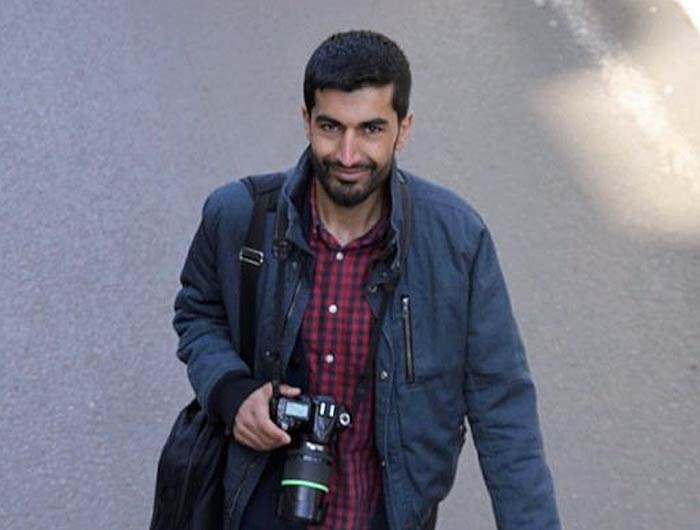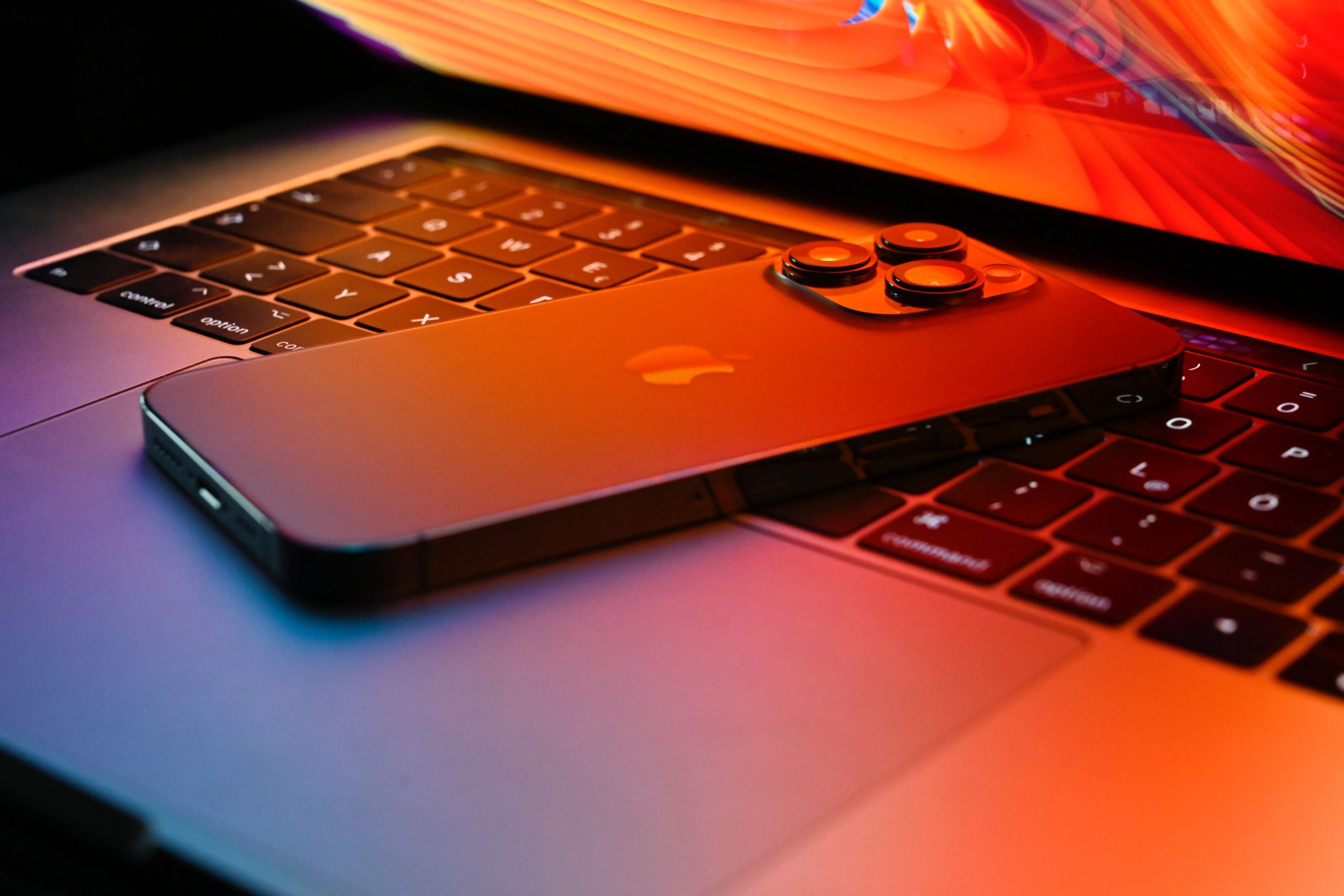[vc_row][vc_column][vc_column_text]This article is part our partnership with the Media and Law Studies Association. The Stories of Justice series is an MLSA project supported by the Friedrich Naumann Foundation for Freedom.[/vc_column_text][/vc_column][/vc_row][vc_row][vc_column][vc_single_image image=”96575″ img_size=”full” add_caption=”yes”][vc_column_text]
They say that people get a smile on their face when justice is served. Justice in Turkey also makes people smile – sometimes, even when it is not served. What a mysterious success! The person who passes those verdicts could even be nominated for the Nobel prize as a master of black humor if only one forgot that the sentences were products of justice. I think there isn’t a single country on earth with a judicial system that pleases everybody. Something like that is only possible in the afterlife for believers. A judicial system that pleases the majority might be labeled “not bad,” even if one can’t call it “good.” But if this is the case, then should we wait for kingdom come to get justice? Don’t you think that might be a little too late? Justice delayed is justice denied, isn’t it? I can hear the people of my country responding with “better late than never.” But why have late justice when you can have it early?
Justice in Turkey has been lame for a long time because it has been sabotaging itself. However good the laws are, those that mete out justice have either been bad of their own accord, or they have had to be bad out of their own interest.
The latter is the case for most of them. The main reason for verdicts that would make even the best black comedy masters envious is that those that implement justice are under the guidance of the government, meaning they have to act according to orders from on high. What counts for today’s zeitgeist is not that justice is served but the threat of a judicial stick coming crashing down on your head if you contradict the spirit of the time. It’s not the law, but the rules of the government, that are in force. You can see it looking at how the “good boys” of today are acquitted one by one. This is what the zeitgeist requires.
This country is home to a judge who accepted a prosecutor’s request to tap a number of telephones, including his own. When the incident was revealed, he said he could not read properly at the time since he did not have his glasses on him and signed the verdict without fully understanding the request. Let’s take a brief look at some unique ideas of justice in Turkey, which would actually fit better in a work of fictional humor than a courtroom. But this is the real world, and these sentences have all affected the lives of people by violating their right to freedom.
A suspect who was accused of chanting slogans in a crowd was sentenced for conducting terrorism propaganda. So far, so good. But what if that person is deaf and mute? If you live in Turkey, you have to avoid crowds as much as you can, for your own sake. Otherwise, you might get a headache, or even a migraine, from the authorities for reasons like failing to walk away from crowds, looking at people who are dancing a political halay, whistling or keeping the rhythm to the music. I’m telling you…
Speaking about health issues, you should mind your hands, washing them frequently. This is naturally important for hygiene, but it is also important for avoiding particular illnesses and saving you from being detained as a suspect. Please, don’t ask how. One civil servant, who was returning from a cadastral field trip, was detained and later sued for throwing stones at police because his hands were dirty. We cannot know for certain if not washing his hands had pathological consequences, but it obviously resulted in psychological trauma.
Don’t get excited, and never run. Be like a koala; never be in a rush. Move gently and slowly. Otherwise, police who arrive to intervene against an incident may check by hand and notice that your heart is beating fast, leading them to detain and sue you for being involved in an incident and escaping from police. This is part of the reason Turkey is not particularly successful in track and field.
If you happen to come to Turkey from an Asian country, then you should have a translator with you. Otherwise, the court might fail to read your defense after you’ve spent nearly two years behind bars because it cannot find a translator. You might have started learning Turkish in the meantime. Speaking a single language is very important in Turkey. But which language is it, do you think? You would be joking if you thought it was anything but Turkish. Kurdish, for one, is still mentioned as “X” or “unknown language” in parliamentary minutes.
Make sure not to have any maps on scraps of paper, your mobile, tablet or other device you carry. And if there are some different colors and lines on the Turkey part of that map, then you’re in for trouble, because you can be arrested or sued for planning to divide the country. Such a map, which showed the habitats and population of bees in Turkey, was accepted as evidence in a case in which the prosecutor sought an aggravated life sentence for a person who allegedly “disrupted the unity and territorial integrity of the state.” Alternatively, you may face a probe for carrying a world map that shows Turkey smaller than it is. Only those who experience this would know.
If your country has the colors of yellow, red and green in its flag – which is the case for many African countries – and if you have clothing with the same colors, don’t come to Turkey wearing it. You might turn into a terrorism suspect the moment you land at the airport. Please don’t be that evil-minded, dear! They don’t like colors or colors together in Turkey. This is why the first traffic lights in Yüksekova in the southeast had blue-colored lamps instead of green. This might also be why the most appreciated color in the country is black.
Let’s not look into this headache profession of mine. “Propagate for me or shut up,” is what they say here. Justice? Who’s lost it that you’ll find it? A journalist whose name I will not disclose wrote a story that received a prize. Then what happened? The author of the story was sentenced.
On a chilly night in the middle of winter, your sole fear shouldn’t be freezing your hands and legs off as you carry diesel oil on the back of your mule to earn some pocket money. That’s because your body might be torn to a thousand pieces if one of those iron birds they call fighter jets pours fire on the group you are walking with. The next thing that mules will carry might be the body parts of you and your friends wrapped in a blanket. They won’t care why you were taking the sharp ridge of the mountain on a freezing night, and it won’t matter whether you are armed or not. Who cares that most of you are children! Nothing matters at all. Here, “everything is a small detail if the issue is the homeland.” This is what you live through; this is what they make you go through; this is the truth. Take it or leave it! Because at the end of the probe launched to investigate the incident mentioned above, it was ruled that those who died were responsible.
If you are the “other” in this country, you should know that you carry death in your pocket. Your burial shroud should be within easy reach because it is not the creator who knows when you will need it, but those who see themselves as his reflection on earth. Under these conditions, how could I pen a story on justice? Now as “the other,” I ask for a “justice for others.” Do you have it or should I wait for the afterlife? To be honest, I have no intention of ringing the bells for the angel of death. Actually, this story itself is a complete work of fiction and doesn’t have the slightest connection to reality. Does it?
[/vc_column_text][/vc_column][/vc_row][vc_row][vc_column width=”1/2″][vc_single_image image=”107712″ img_size=”full” onclick=”custom_link” link=”https://medyavehukuk.org/en”][/vc_column][vc_column width=”1/2″][vc_column_text]The Media and Law Studies Association is a Turkish non-profit (registered as Medya ve Hukuk Çalışmaları Derneği) that campaigns to support democracy and the rule of law in Turkey. MLSA offers legal protection to journalists and promotes the public’s right to information with an emphasis on supporting financial and science reporting.[/vc_column_text][/vc_column][/vc_row][vc_row][vc_column][vc_basic_grid post_type=”post” max_items=”4″ element_width=”6″ grid_id=”vc_gid:1561714600534-3dc93beb-c283-8″ taxonomies=”19913″][/vc_column][/vc_row]





